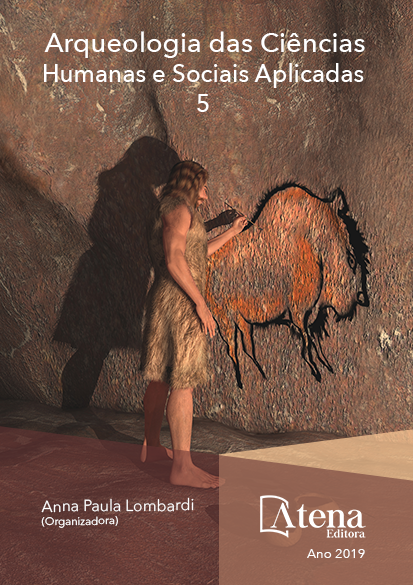
PÓS-MODERNISMO E OS ENTRAVES E DESAFIOS POSTOS AO PROJETO ÉTICO-POLÍTICO DO SERVIÇO SOCIAL NA CONTEMPORANEIDADE
O artigo analisa impactos das
teorias pós-modernas e suas estratégias
na atualidade brasileira no processo de
implementação e consolidação dos projetos
societários e profissionais. O objetivo geral
é desvelar elementos que expliquem hoje o
direcionamento social estratégico do projeto
profissional do Serviço Social brasileiro mesmo
com a aderência de seguimentos profissionais
a perspectivas pós-modernas. Os objetivos
específicos dividem-se em três categorias:
a) analisar como as teorias pós-modernas
se expressam nos projetos societários e
profissionais; b) discriminar o conjunto de
estratégias utilizado pela categoria profissional
na construção de uma direção social
estratégica; e c) refletir acerca do fenômeno da
vontade potência na estruturação e articulação
de projetos profissionais e societários. Para
finalizar, mesmo em tempos de estratégias
neoconservadoras e de crise orgânica através
da ampliação de poderes político-econômico
patriarcais, patrimonialistas e segregadoras,
na agenda do projeto societal burguês que tem
proporcionado retrocessos contemporâneos no
âmbito de políticas públicas setoriais é possível
identificar vitórias da direção ético-política
da categoria do Serviço Social e de projetos
societários convergentes.
PÓS-MODERNISMO E OS ENTRAVES E DESAFIOS POSTOS AO PROJETO ÉTICO-POLÍTICO DO SERVIÇO SOCIAL NA CONTEMPORANEIDADE
-
DOI: 10.22533/at.ed.52019170116
-
Palavras-chave: Projeto profissional; Projeto societário; Neoconservadorismo; Pósmodernismo; Pós-neoliberalismo.
-
Keywords: Professional project; Corporate project; Neoconservatism; Postneoliberalism; Post-modernism.
-
Abstract:
The paper analyzes the impacts
of postmodern theories and their strategies in
Brazilian reality in the process of implementation
and consolidation of corporate and professional
projects. The general objective is to unveil
elements that explain today, the strategic social
direction of the professional project of the
Brazilian Social Work, even with the adherence
of professional segments to postmodern
perspectives. The specific objectives are
divided into three categories: a) analyze
how postmodern theories are expressed in corporate and professional projects; b) to discriminate the set of strategies used by the
professional category in the construction of a strategic social direction; and c) reflect
on the phenomenon of willpower in the structuring and articulation of professional and
corporate projects. Finally, even in times of neoconservative strategies and organic
crisis through the expansion of patriarchal, patrimonialist and segregating politicaleconomic powers, in the agenda of the bourgeois societal project that has provided
contemporaneous setbacks within sectoral public policies, it is possible to identify
leadership victories ethical-political category of the Social Work category and of
convergent corporate projects.
-
Número de páginas: 15
- Bismarck Oliveira da Silva


